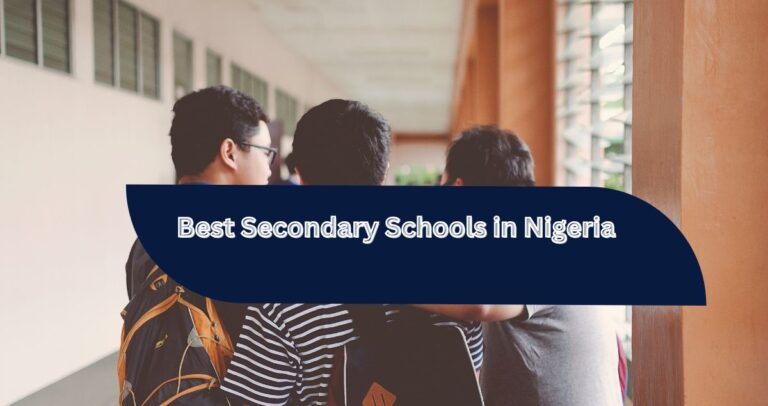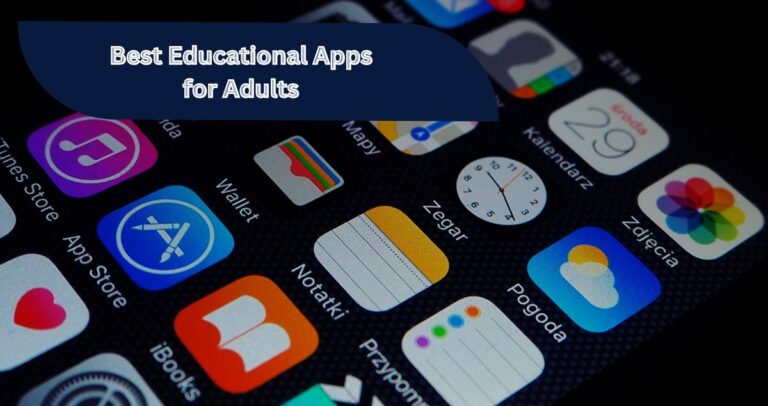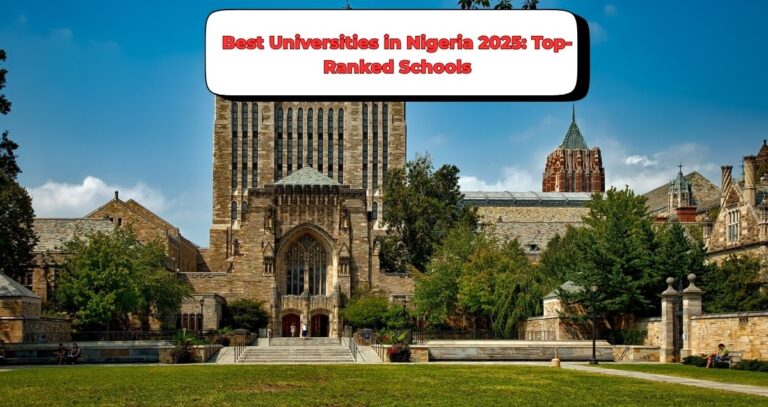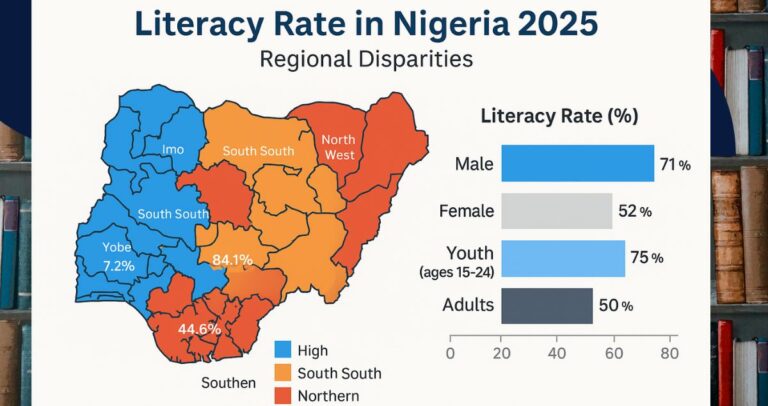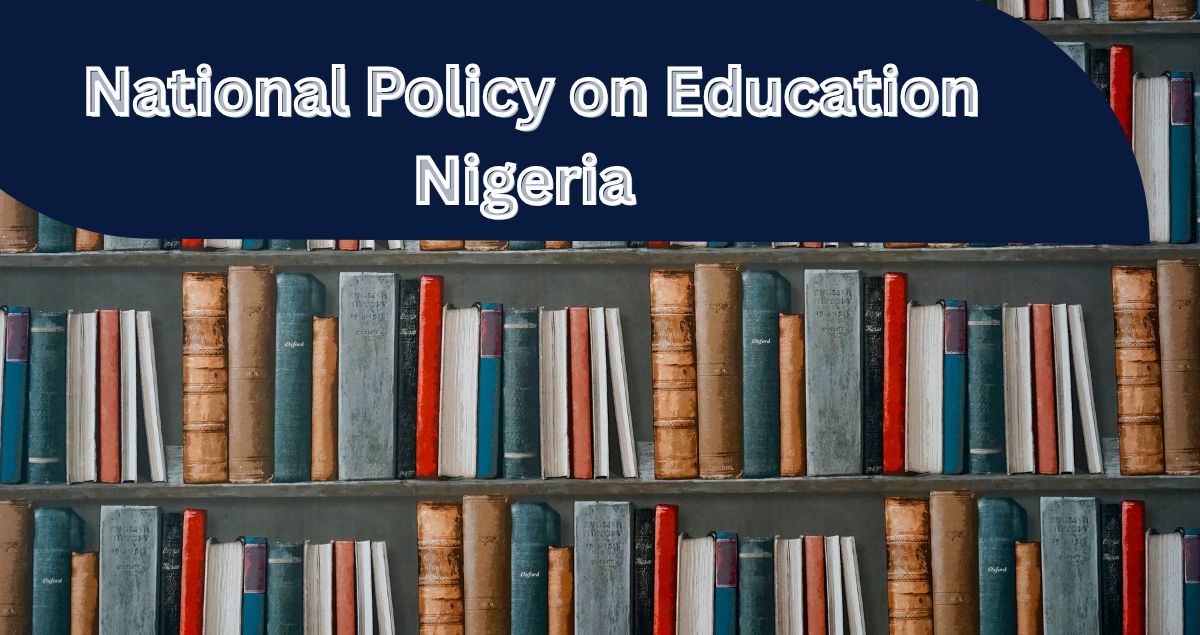
Over 10.2 million Nigerian children are out of school, highlighting the urgency for a robust and impactful National Policy on Education Nigeria 2025. Concerns around access, quality, and relevance continue to challenge the Nigerian education system.
This content provides a comprehensive look into the National Policy on Education, including its historical foundations, objectives, inclusivity measures, and challenges. Drawing on insights from education experts and real-world examples, it aims to guide stakeholders toward solutions that can uplift the education sector in Nigeria.
The Evolution of Nigeria’s Education Policy
The journey of the National Policy on Education in Nigeria began with the National Curriculum Conference 1969. This historic event marked the first major effort to define an education philosophy Nigeria could call its own. The result was the 1977 National Policy on Education, a cornerstone document that has seen several revisions over the years—1981, 2004, and the National Policy on Education 2013. Each version aimed to refine the Nigerian education system by addressing emerging issues and aligning with national development goals.
The philosophy of education in Nigeria has consistently centered on unity, equity, and lifelong education Nigeria. These values reflect the aspiration to build an inclusive society where every child, regardless of background, can benefit from quality education. For instance, the National Policy on Education Nigeria 2025 aims to bridge gaps between rural and urban learning experiences, ensuring no child is left behind.
The policy has played a significant role in shaping education access Nigeria, particularly through initiatives like the Universal Basic Education Nigeria program. By targeting children aged 0-15, this initiative underscores the government’s commitment to free education policy Nigeria, aligning with the Compulsory Free Universal Basic Education Act. As education reforms in Nigeria continue to evolve, historical lessons remain crucial in shaping future policies.
Key Objectives of the National Policy on Education
The National Policy on Education outlines several objectives that guide its implementation. These objectives emphasize national unity, skill development, and equal access to education. A key goal is to foster education for national unity by promoting inclusive education Nigeria and ensuring equitable learning opportunities across regions.
Universal Basic Education Nigeria remains at the core of this policy, aiming to provide foundational skills to all children, including those from disadvantaged communities. The policy also highlights the importance of STEM education Nigeria and digital literacy in Nigerian education, ensuring students are prepared for the demands of a modern workforce.
Vocational education Nigeria is another focus, aiming to equip learners with practical skills that can drive job creation and economic growth. For example, by integrating vocational training into the education system, the policy aligns with national development goals and addresses the high youth unemployment rate.
According to recent data, Nigeria’s literacy rate rose to 69% by 2022. While this is a positive trend, challenges remain, particularly concerning education access Nigeria and education funding Nigeria. Stakeholders must work together to ensure the policy’s objectives translate into tangible improvements for all learners.
Advancing Inclusive Education in Nigeria
Inclusive education Nigeria is a cornerstone of the National Policy on Education Nigeria 2025. Recognizing the diverse needs of learners, the policy emphasizes the importance of providing education that caters to all, including special needs education Nigeria. The National Policy on Inclusive Education 2023 builds on this commitment, focusing on strategies that remove barriers and promote participation for all children.
The policy recognizes the challenges faced by marginalized groups, including out-of-school children Nigeria. By addressing these challenges, the policy aims to ensure that every child, regardless of disability, location, or background, has access to quality education. For example, inclusive education programs in northern Nigeria have demonstrated success by integrating children with special needs into mainstream classrooms and providing tailored support.
Implementing inclusive education requires collaboration between government agencies, schools, communities, and non-governmental organizations. The Federal Ministry of Education plays a crucial role in coordinating these efforts and ensuring that inclusive education becomes a reality for all Nigerian children.
READ ABOUT: Cheapest Universities in Nigeria for 2025: Affordable Education with Quality
Challenges of Education Policy Implementation in Nigeria
Despite the clear objectives and inclusive approach, implementing education policy Nigeria faces several hurdles. One of the most pressing issues is inadequate education funding Nigeria, which hampers the provision of necessary resources and infrastructure. Many schools, particularly in rural areas, struggle with poor infrastructure and a lack of qualified teachers, affecting the quality of education.
Regional disparities further complicate the implementation of the National Policy on Education. For example, insecurity in some regions affects children’s ability to attend school, contributing to the high number of out-of-school children Nigeria. Teachers in these regions often face difficult working conditions, from overcrowded classrooms to limited teaching materials.
Data shows that Nigeria accounts for 15% of the world’s out-of-school children, a statistic that underscores the urgency of addressing these challenges. A teacher in a rural school might struggle to deliver lessons due to inadequate infrastructure, lack of support, and resource constraints. This reality highlights the need for innovative solutions and sustained investment in education funding Nigeria.
Solutions and Opportunities for Nigerian Education Reform
Overcoming the challenges of education policy implementation Nigeria demands a multi-faceted approach. One of the key solutions is increasing education funding Nigeria through collaborative efforts between government, private sector, and development partners. This approach can help bridge resource gaps and ensure that schools have the necessary infrastructure and materials.
Enhancing teacher training Nigeria is another critical step. Well-trained educators are essential for delivering quality education and meeting the goals outlined in the National Policy on Education Nigeria 2025. By investing in continuous professional development, teachers can acquire the skills needed to adapt to modern teaching methods, including the integration of digital literacy in Nigerian education.
Digital literacy is increasingly vital in today’s learning environments. The National Policy on Education Nigeria 2025 recognizes the importance of technology in transforming classrooms and preparing students for the demands of the global economy. Initiatives that provide access to digital tools and training can help bridge the digital divide and ensure that all learners benefit from technological advancements.
Vocational education Nigeria also holds great potential for addressing unemployment and promoting economic growth. By aligning education with market needs, vocational training can equip students with practical skills that enhance employability. For example, partnerships with industries can create apprenticeship opportunities and ensure that graduates are job-ready.
Projects like UNICEF’s Girls’ Education Project (2014-2016) have shown how targeted interventions can improve education outcomes, particularly for marginalized groups. Such initiatives provide valuable lessons for scaling up successful models and ensuring that all children, including those from disadvantaged backgrounds, have equal access to quality education.
The Future of Education in Nigeria: 2025 and Beyond
Looking ahead, the National Policy on Education Nigeria 2025 envisions a dynamic and inclusive education system that supports national development goals Nigeria. Key trends shaping the future include a stronger emphasis on STEM education Nigeria, vocational training, and curriculum modernization that reflects global standards while addressing local needs.
The role of education in national development Nigeria cannot be overstated. A well-educated population is essential for driving innovation, economic growth, and social cohesion. By aligning education policies with national priorities, Nigeria can build a resilient and competitive economy that benefits all citizens.
Projections indicate that Nigeria’s primary enrollment rate may reach 100% by 2025, a testament to the progress made through initiatives like the Universal Basic Education Nigeria program. However, achieving this target requires sustained commitment from all stakeholders, including the government, private sector, and civil society.
Stakeholders must prioritize education policy implementation Nigeria to translate policy intentions into real-world impact. This includes addressing issues such as education funding Nigeria, teacher training Nigeria, and infrastructure development. By working together, stakeholders can create an education system that supports lifelong education Nigeria and equips learners with the skills needed to thrive in a rapidly changing world.
Conclusion
The National Policy on Education Nigeria 2025 holds immense potential to transform the Nigerian education system and address long-standing challenges. By focusing on inclusive education Nigeria, equitable access, and quality improvements, the policy can bridge gaps and ensure that every child has the opportunity to learn and grow.
Stakeholders must remain committed to implementing the policy’s objectives and overcoming challenges such as inadequate education funding Nigeria and teacher training Nigeria deficits. By investing in education reforms in Nigeria, embracing digital literacy in Nigerian education, and promoting vocational education Nigeria, the country can build a strong foundation for national development.
The journey toward achieving the National Policy on Education Nigeria 2025 goals is a shared responsibility. Parents, teachers, policymakers, and communities must work together to ensure that every Nigerian child receives quality education and contributes to the nation’s progress. How can you contribute to ensuring the success of the National Policy on Education Nigeria 2025?

